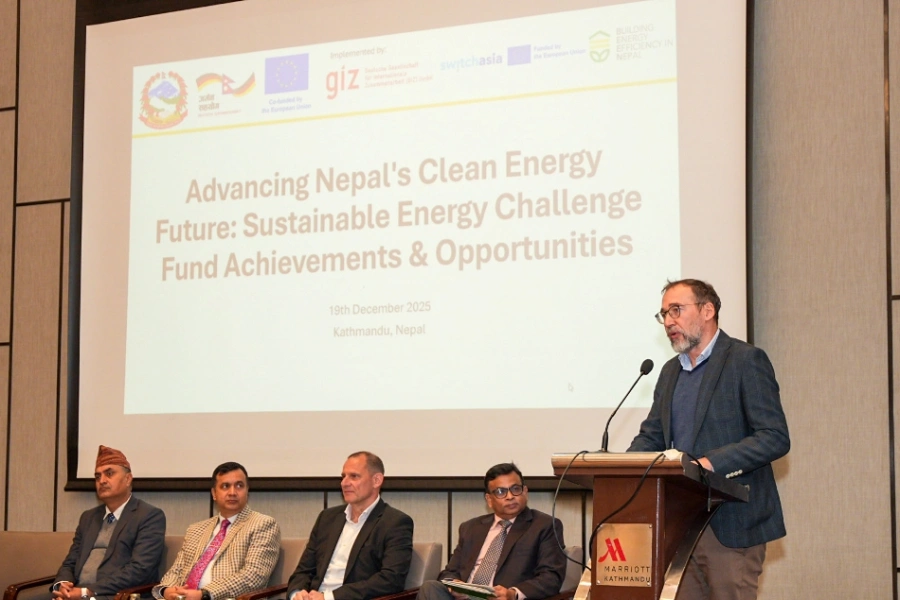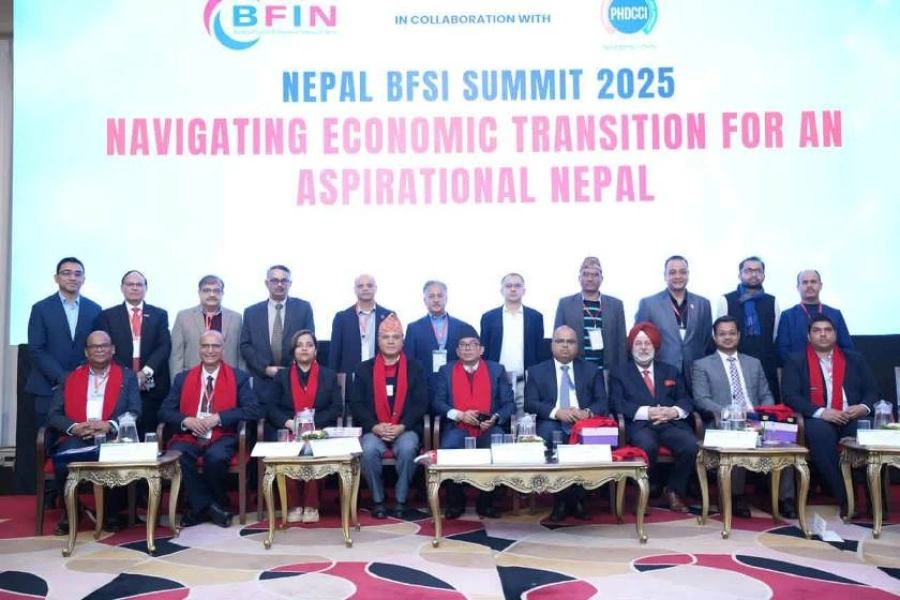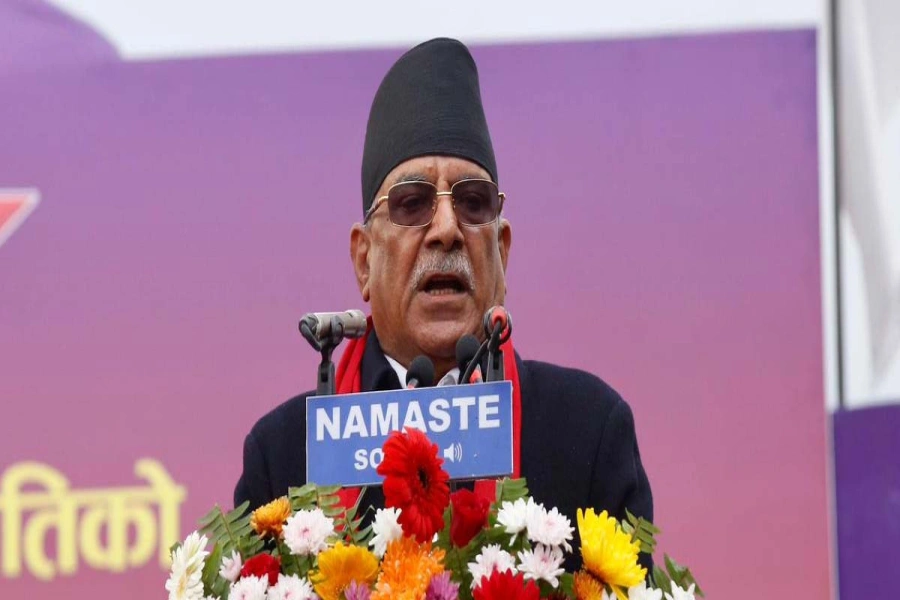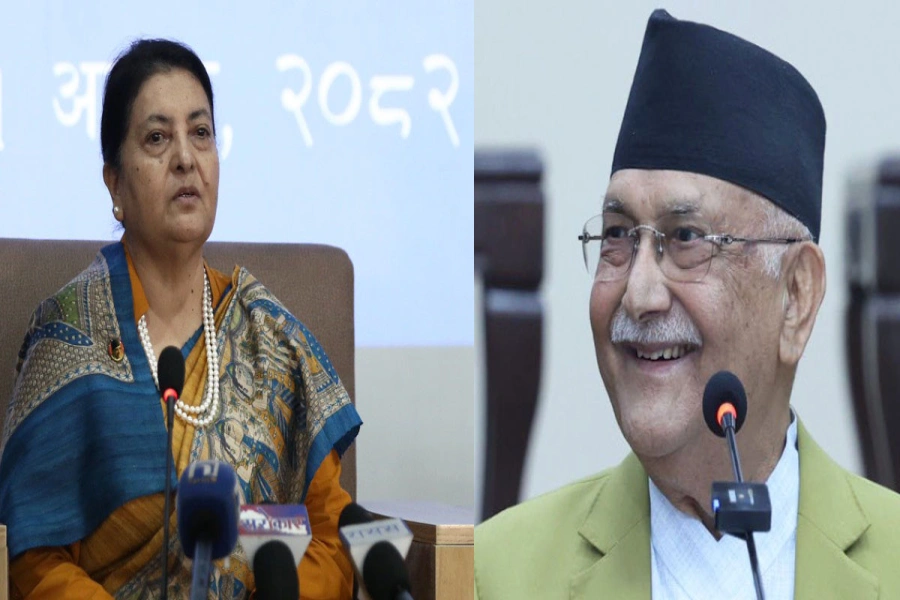In recent years, the allure of lucrative foreign employment has led many Nepalis to seek opportunities abroad. This desire, however, has turned into a perilous journey for many, with a significant number of individuals falling prey to fraudulent schemes. The rise in complaints from Banke district is a stark reminder that our existing systems are failing to protect vulnerable job aspirants. It is high time the government takes decisive action to address this growing menace and ensure a robust mechanism to safeguard the interests of those seeking employment overseas. The data from the Safer Migration (SaMi) program in Banke district is telling. In the Fiscal Year 2020/21, only eight complaints were lodged at the Migration Resource Center. Fast forward to 2023/24, and this number has surged to 47. These figures, however, are merely the tip of the iceberg. The same problem exists in other parts of the country. Many such victims remain silent, deterred by the inefficacy of current grievance handling mechanisms and the fear of further victimization. This silence masks the true scale of the problem, underscoring an urgent need for systemic reform.
Foreign job aspirants swindled out of Rs 760 million: DoFE

In a sense, the rise in the number of complaints against the foreign employment fraud is a positive development. Experts attribute the rise in complaints to increased awareness among the locals. This awareness has empowered individuals to come forward and report fraudulent activities. However, awareness alone is not enough. The government must act on these complaints with greater urgency and efficiency. When cases of fraud do surface, the District Administration Office's current practice of mediating between victims and perpetrators often results in unsatisfactory settlements. While this might provide immediate relief, it fails to address the root of the problem and does little to deter future fraudsters. The SaMi program has demonstrated the potential of targeted interventions. Since its inception, it has provided information and counseling to over 28,000 people in Banke, significantly impacting financial literacy and awareness in areas such as Nepalgunj, Kohalpur, Khajura, and Baijanath. Yet, for these efforts to translate into long-term solutions, they must be complemented by a robust legal and administrative framework that prioritizes the victims' rights and ensures stringent punishment for offenders.
The government must establish a dedicated task force to investigate and prosecute cases of employment fraud swiftly. This task force should be empowered to operate independently, with adequate resources and authority to bring perpetrators to justice. Additionally, the existing Department of Foreign Employment should be restructured to enhance its efficiency and responsiveness to complaints. Simplified processes, reduced bureaucratic hurdles, and a more victim-centric approach are crucial to restoring faith in the system. Furthermore, it is imperative to strengthen the pre-departure orientation programs. As suggested by SaMi Program Officer Lakshmi Chaudhary, obtaining a labor permit should be made a mandatory step for all aspiring migrants. This will ensure that job seekers are better informed about their rights and the legal avenues available to them in case of fraud. The plight of those duped in the name of foreign employment is not just a personal tragedy but a national issue that demands immediate attention. The rise in complaints in Banke should serve as a wake-up call. The government must implement stronger mechanisms to combat fraud and effectively handle the grievances of foreign job aspirants.






































